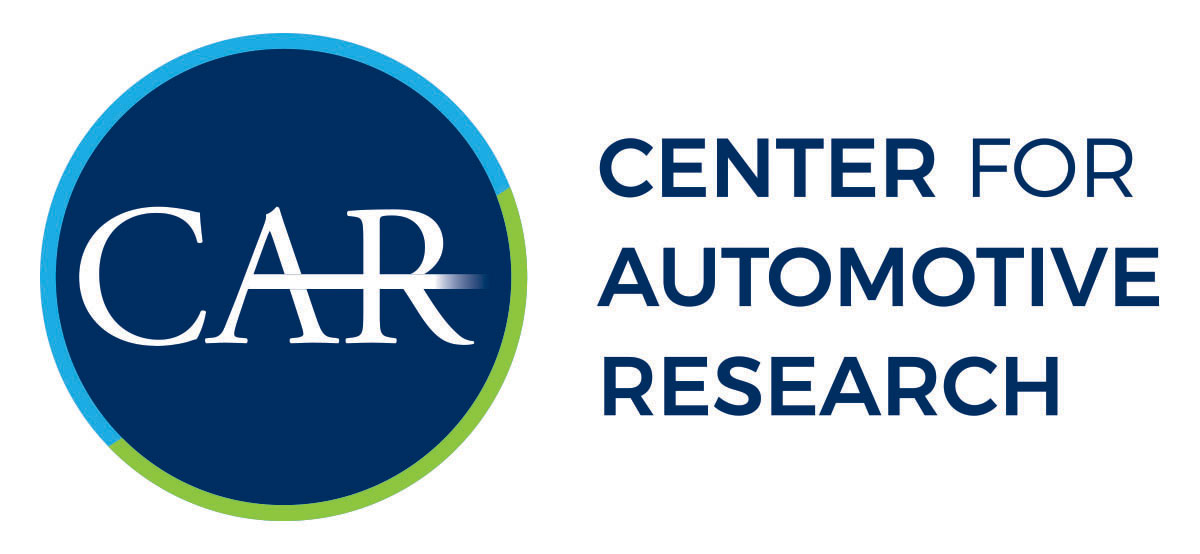Jul 1, 2007
A great deal of public discussion has focused on petroleum use and greenhouse gas emissions from automobiles. An inevitable response has been to call upon automakers to produce higher-mileage vehicles. Many policymakers have suggested regulations to spur more fuel efficient designs. But little effort has been made to explain to policymakers and the public the intricate decision-making process entailed in changing vehicle designs or adjusting product plans to meet new needs.
Jul 1, 2007
This report, undertaken at the request of the Motor & Equipment Manufacturers Association (MEMA), will provide an estimation and analysis of the employment and economic contribution of the supplier-related jobs in all of the fifty states and the District of Columbia.
Aug 1, 2006
The Center for Automotive Research has undertaken the CAR-Microsoft Program on Automotive Industry Practices. The program is a four-year research effort consisting of indepth, focused interviews with industry participants on subjects of importance to all industry stakeholders. The intent of this paper is to investigate how different companies have adapted their product development processes to the changing competitive climate and how they utilize new technologies (e.g., weblogs, internet chat rooms, and other such digital communications) to transform their vision into products. The focus is not on the tools or the specific strategies, but rather on the information channels product design teams use for inspiration and understanding the market and on how the product design teams work together to create “cool” products.
This study was sponsored by Microsoft Corporation.
Oct 1, 2005
Automotive suppliers find themselves facing a business environment that continues to grow more competitive. Rising materials prices coupled with demands for price cuts, as well as the growing cost of health care and increased competition have created a business environment in which suppliers struggle to succeed.
Prepared for gedas, USA, Inc.
Jun 1, 2005
The motor vehicle industry is the largest manufacturing industry in the United States. No other single industry is linked so much to the U.S. manufacturing sector or directly generates so much retail business and employment. This study describes the economic contribution of an important company included in the U.S. motor vehicle industry: the U.S. operations of Toyota North America.
Prepared for Toyota Motor North America, Inc.
Mar 1, 2005
This study is an update of a previous report on the economic contribution of the international automotive industry completed in 1998 for the AIAM.
A study prepared for the Association of International Automobile Manufacturers, Inc.
Jun 1, 2004
This report first reviews the general economic environment that led into the 2003 negotiations.
A Research Report for the Auto Industry of the Future Program. Sponsored by Ernst & Young Global Automotive Center
May 1, 2004
The motor vehicle industry continues to be one of the most important sectors of the U.S. economy. It is sufficiently prominent to influence the movements of Gross Domestic Product, and it employs hundreds of thousands of workers in well-paying jobs across the country.
Prepared by: Institute of Labor and Industrial Relations, University of Michigan and the Economics and Business Group, Center for Automotive Research
Prepared for: Alliance of Automobile Manufacturers, Inc.
